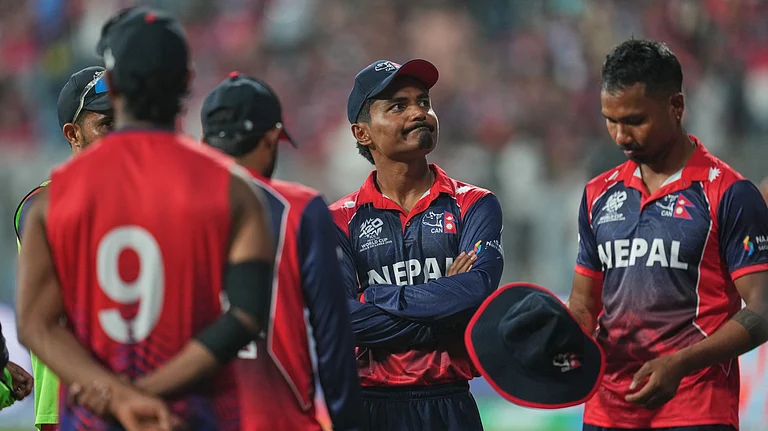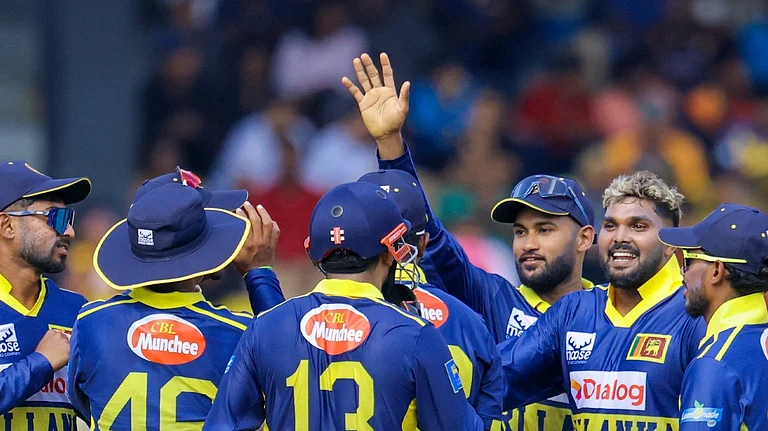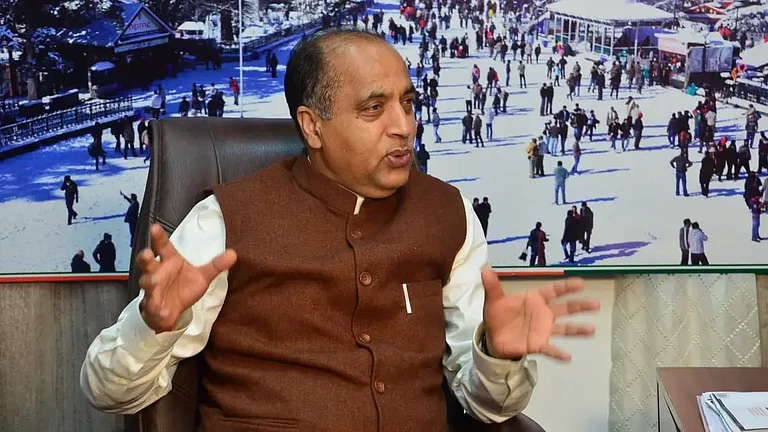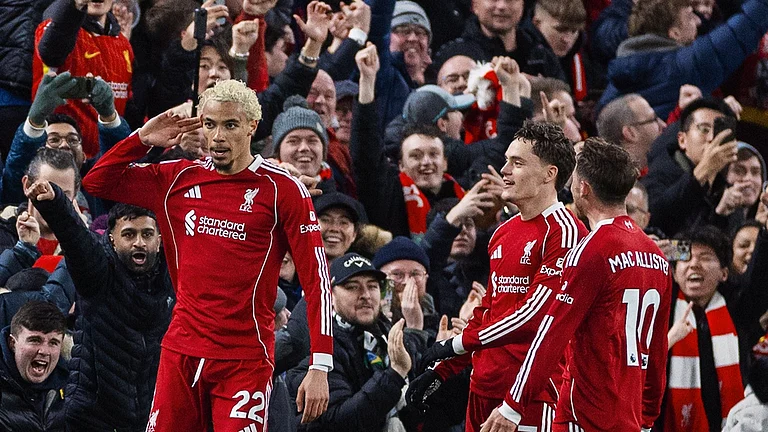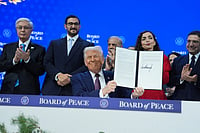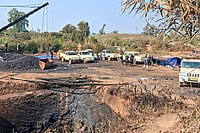RUSSI Modys tenure as chairman of Air-India and Indian Airlines has come to a rather tame end. Last week, as he drafted his letter of resignation, he evoked little response. Mody first tried to get in touch with Prime Minister H.D. Deve Gowda, then Civil Aviation Minister C.M. Ibrahim and finally settled for Aviation Secretary Yogesh Chandra. Till the time of going to press, Ibrahim had neither accepted Modys resignation nor had he sent it back to the iron man, who left for Calcutta after putting in his papers.
That Mody left without making an issue (his term expires in February 1997) is a significant pointer to the fact that the once all-powerful boss of TISCO had become totally marginalised in the aviation hierarchy. In fact, in private, top aviation bosses had been describing Modys designation as "part-time joint chairman" of Air-India and Indian Airlines.
That designation somehow seemed apt. His job descriptionto preside over board meetings of Air-India and Indian Airlineswas strictly adhered to and in the meetings it was made clear that Civil Aviation Ministry bureaucrats, and not Mody, would decide the agenda.
But what was the final straw for Mody? According to well-placed sources in the ministry, it all started with Air-Indias board meeting on November 15 when Mody laid out a single-point agenda: passage entitlement for the chairman after he completes his tenure in office. According to the minutes of the board meeting, "It (board) approved the post-retirement passage facility to chairmen/part-time chairmen/managing directors including those appointed from outside or on deputation and those appointed in acting capacity, subject to completion of two years in office. Such passage would be granted on firm basis for travel in first class." But this decision could only be ratified by another board meeting. In an unprecedented step, Mody called a second meeting of the Air-India board a fortnight later; and given the fact that board meetings take place annually, barely eight of the 14 members attended it. The meeting practically sealed Modys fate as there was stiff opposition to his demand for perks for himself, apart from the fact that the quorum was barely complete.
The main grouse against Mody seems to be his effort to manipulate the board agenda. According to an internal note circulated in the Civil Aviation Ministry, "on many occasions, Mody attempted bypassing the board. He could not succeed, thanks to strong members like Suresh Keswani, Inder Sharma, S.H. Khan and V.L. Dutt.... Attempts to meddle in union affairs was a regular hobby for Mody. It is alleged that the Air-India flight engineers agitation was masterminded by Mody after he failed in his bid to woo the Indian Commercial Pilots Association (ICPA) and other unions." But in many ways, say sources, the crux of Modys fight with the aviation establishment centered around the sharing of power with the chief executive officer. It was no secret that the managing directors of both Air-India and Indian AirlinesBrijesh Kumar and P.C. Sen, respectivelywere quite peeved at Modys attempts to encroach upon their day-to-day powers to run the airlines. During the last Indian Airlines pilots agitation in 1995, Mody started dealing with the pilots independently, leaving the airlines top brass absolutely flabbergasted.
Aviation officials say that when Mody was offered the chairmans job, he was aware of its limits. "Besides, when he discovered that he did not have enough powers to implement his ideas, he should have put in his papers like Vijaypat Singhania did recently in a governmental air safety committee," says a source. Even without executive powers, part-time chairmen like J.R.D. Tata, Mohan Kumaramangalam, Rahul Bajaj and Ratan Tata left their impact, officials add.
Modys run-ins with politicians and bureaucrats started the moment he joined in November 1994. Within days of taking over, he referred to parliamentarians as a bunch of jokers. That led to the then aviation minister, Ghulam Nabi Azad, leading the charge against Mody with the help of fellow MPs, some of whom were quite vocal and did not allow Mody to talk at subsequent consultative committee meetings of the ministry until he apologised. A privilege notice is still pending in Parliament.
But Mody did have his backers. Says ICPA President, Captain Rajeev Khurana: "Ultimately what he said about merging Air-India and Indian Airlines was correct. Only a Third World country like India can afford to have two airlines. Elsewhere, there is just one national carrier. If he had more executive powers, things would have been different." But at the moment, this seems wishful thinking.







